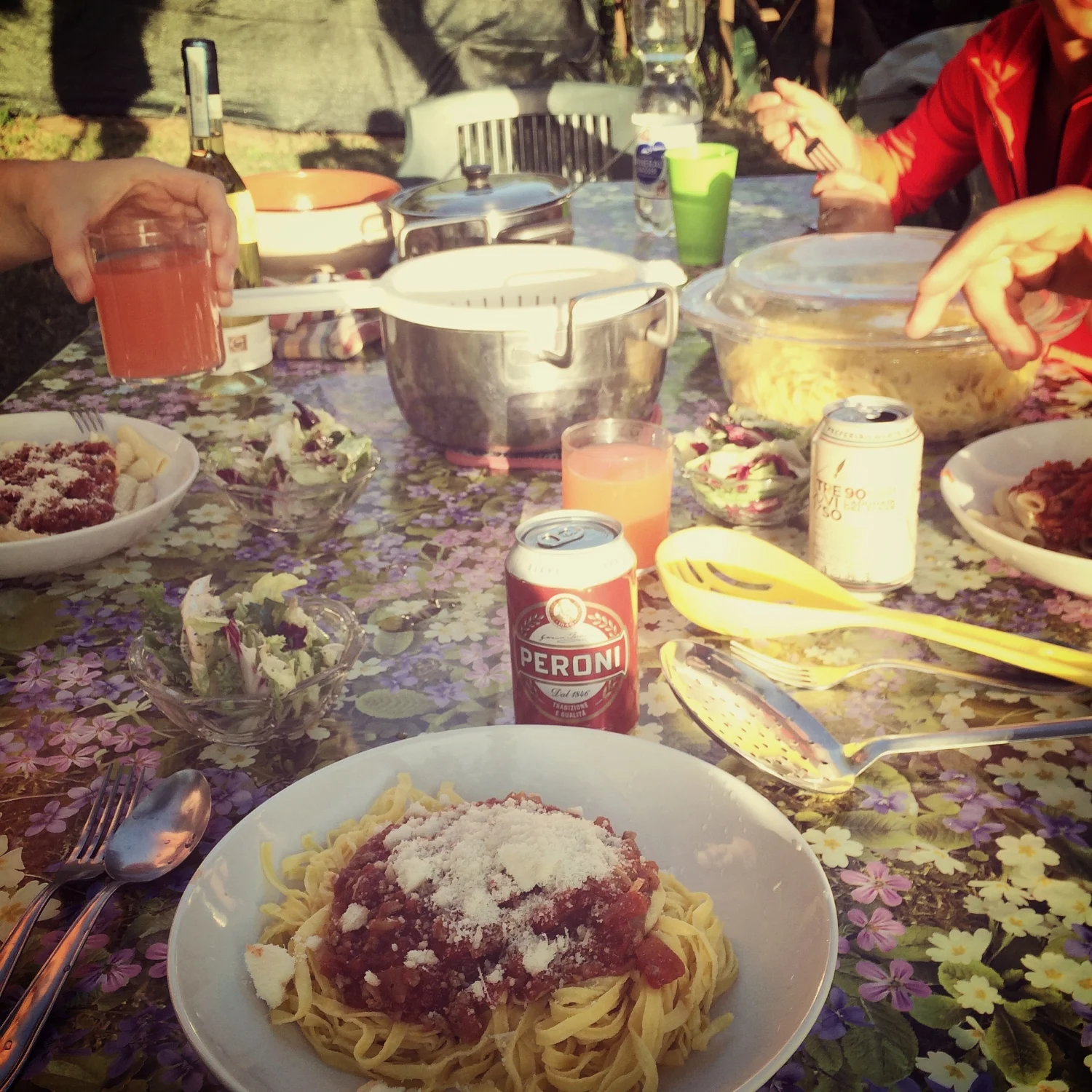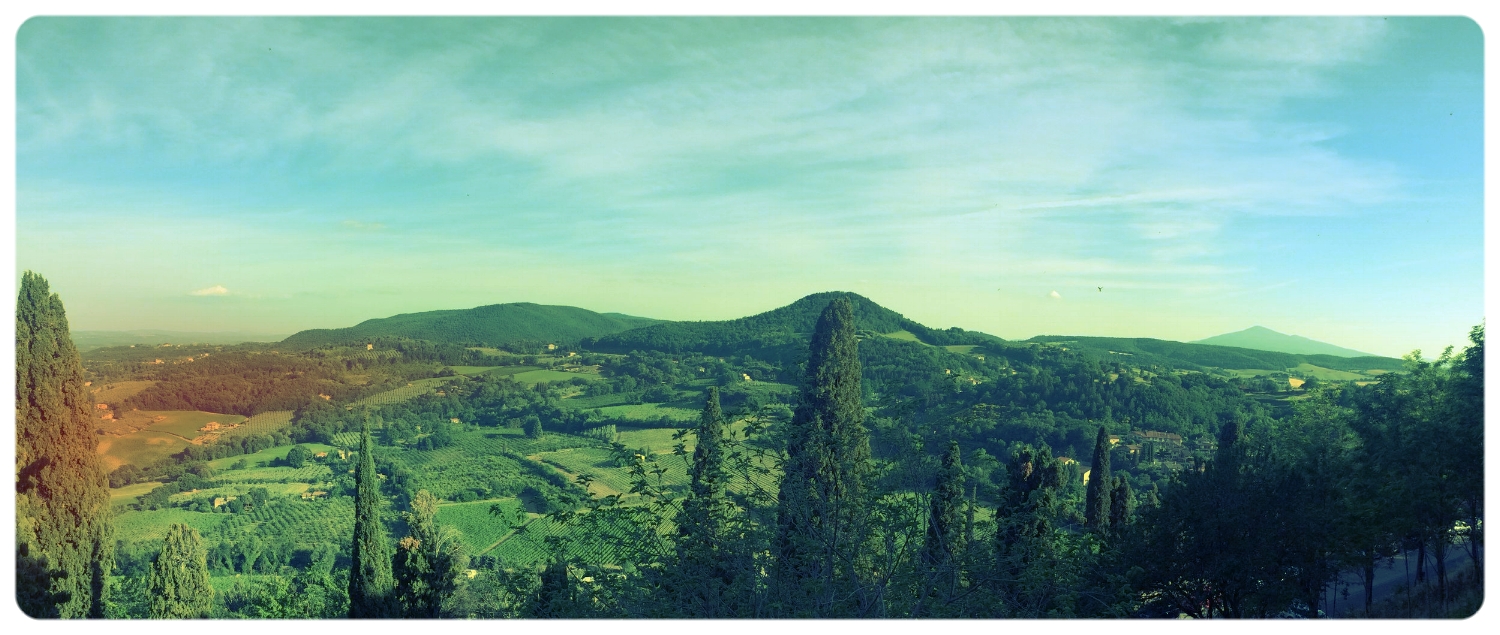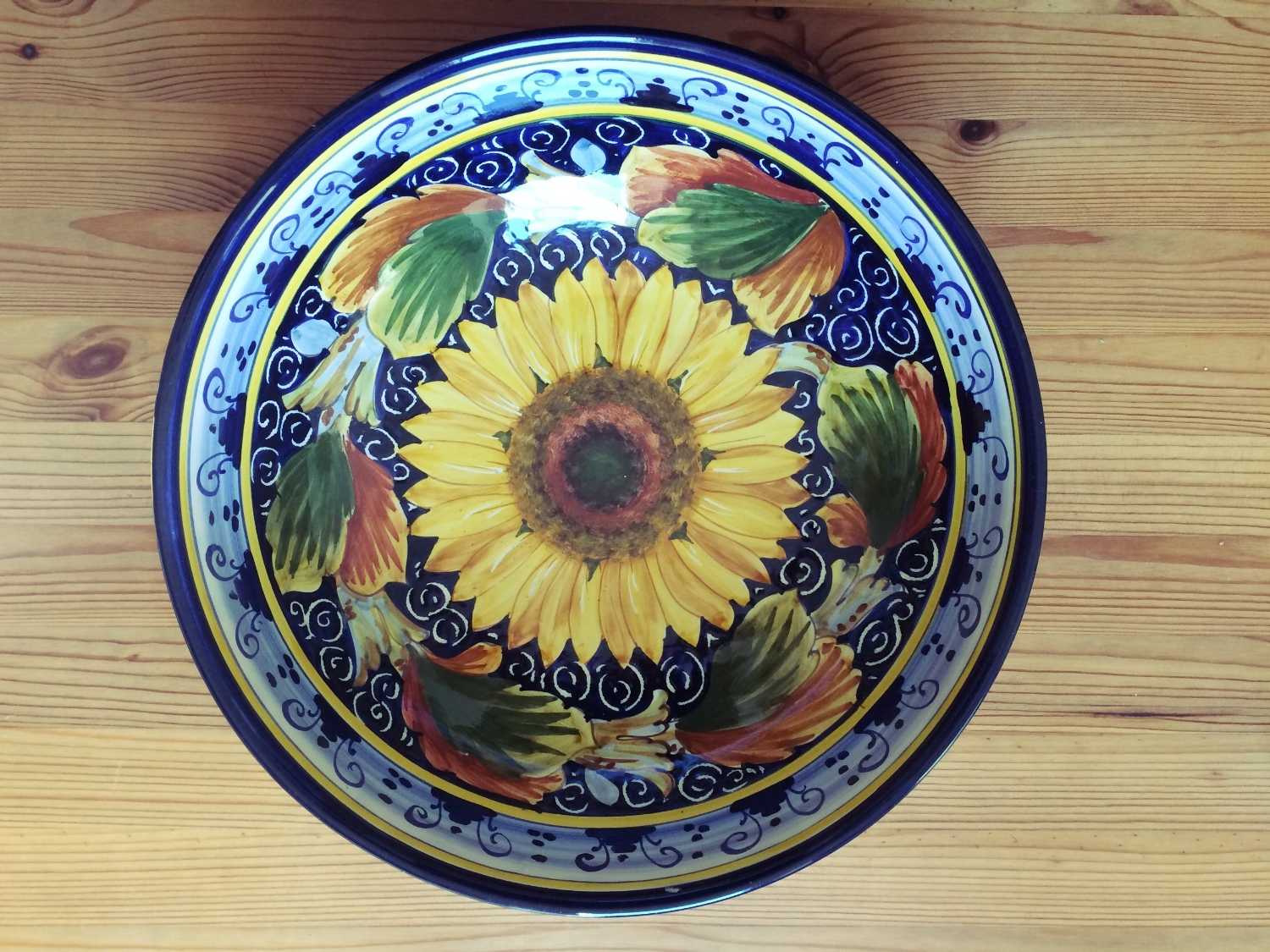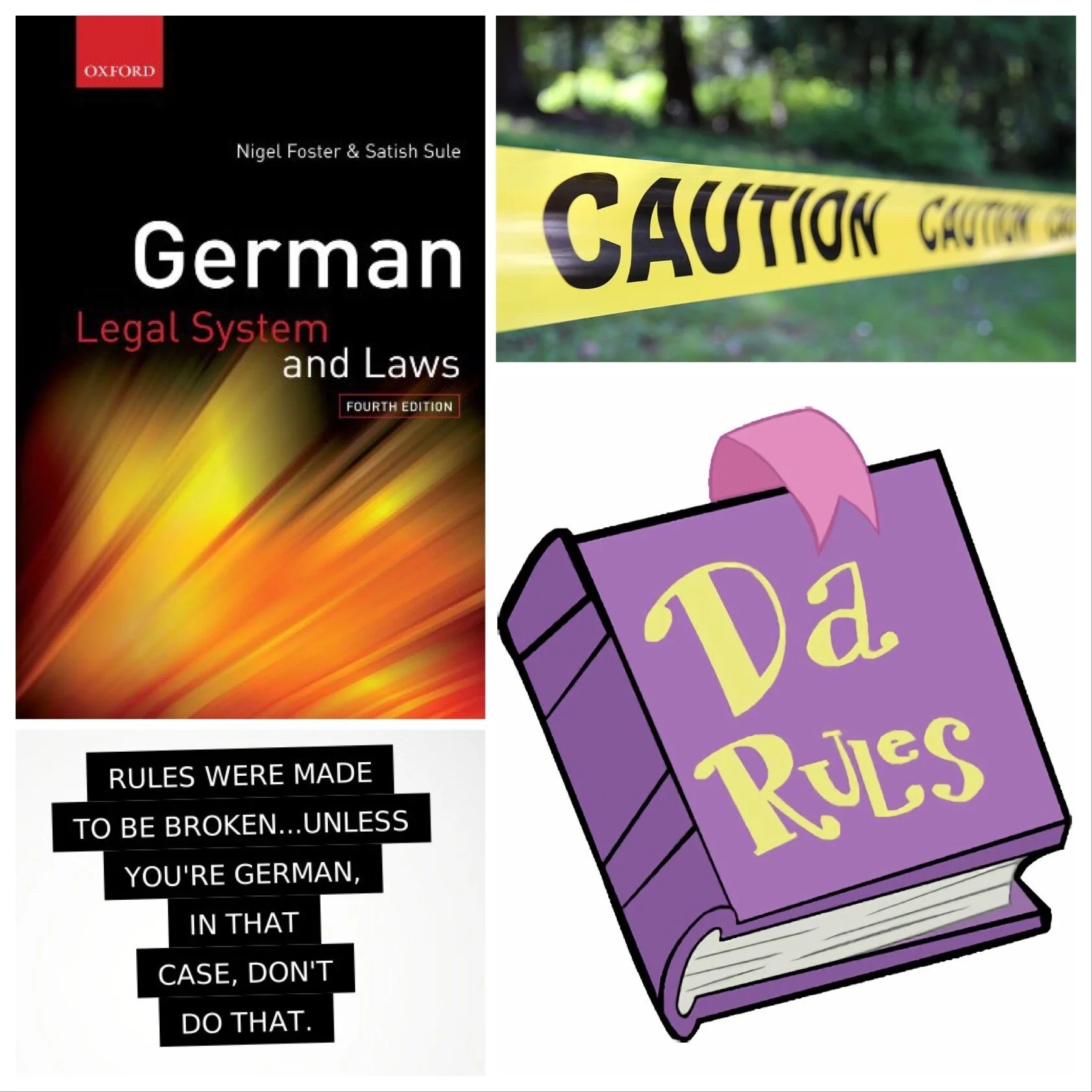Going on Holiday with the Germans
It is 6AM and I am staring at a fully packed car, wondering how it is that our holiday will require two baskets of various kinds of German food, twelve bottles of water and a very large Thermos of freshly brewed coffee. At that point I was not entirely sure whether we intended ongoing on holiday or whether we were actually migrating. Germans can never be accused of being under prepared, after six years I am well aware that the trope of German planning is actually a fully realised institution. In contrast, my planning for the holiday consisted of packing a bag which contained numerous shirts, jeans and a few t-shirts. Considering we were about to embark on a trip to Italy, with weather hitting the 30 degree mark only days before, it might have been sensible to pack some shorts or maybe a pair of flip-flops, I had neither. It is for these reasons that my wife and my brother-in-law only allowed me to choose the music, a choice they would later regret the moment ‘Push the Button’ by the Sugar Babes began blasting from the radio.
For the organisational pedant, going on holiday with the Germans is a thing of beauty. Planning is an art-form, and the Germans are somewhere close to Da Vinci. We had maps, we had maps of the maps, we had a navigation system backed up by a tablet that contained a variety of alternative routes. If we got lost, it was because we intended to. It is popular to believe that spontaneity is the source of all fun, often perpetuated by inspirational Instagram memes. It is true that spontaneous actions have led to some fun times in my past, but when I am driving to Italy, a trip that takes roughly nine hours, I want a level of planning that puts most national governments to shame. In short, I want the Germans to have my back.
Inspirational!
The journey we were taking was to Tuscany, one that many Germans make throughout the year. Before I moved to Germany, I had always connected trips to Italy with pretentious middle class people called Monty, drinking wine and cooing over bowls of olives. All that may have been true, but in Germany, a trip to Italy is the same as a holiday in the Trossachs or a week in the Cotswolds is to the British. Nine hours is certainly a long time to be driving, but it is a relative hop, skip and a jump for the Southern German. Even for residents of the more northern states of Germany or other central European nations, a trip to Italy is not an exceptional event. Judging by the range of license plates we saw as we drove through the Alps, we were not alone in taking the opportunity to visit one of the most beautiful parts of Europe.
French, Swiss, Czech and Dutch cars, to name just a few, were all travelling in convoy through the serpentine Alpine passes of Austria, all wending their way towards Italy. My brother-in-law exclaimed in half mocking bemusement as we overtook an equally well prepared car from Dortmund “What do the people of Dortmund know of the mountains?”, apparently as much as the Bavarians.
To understand how normal the German exodus to Italy has become, holidaymakers need only step into the nearest restaurant. In the tiny village we called home for ten days, the local pizzeria had three types of menus: Italian, German and English, in that order. We were instinctively handed German menus as a matter of course. The first time I went to Italy, I was amazed by waiters who effortlessly conversed in Italian and German, with specials boards all written in perfect Duetsch. Nowadays, I simply expect that I will be speaking more German than English throughout a holiday in Italy.
The adaptability of the Italians to German visitors does not end with the waiters. Stopping at rural petrol station, we attempted to fill up the tank, only to find that all the pumps had been shut off. A group of locals sitting around a table nearby, overhearing my wife and her brother discussing what to do next, addressed them in German, explaining again in German that the delivery had not yet arrived and we might have to wait for sometime before we could actually use the pumps. It seemed that not only were the Germans prepared for Italy, but the Italians were more than prepared for the Germans. This, of course, should come as no surprise.
There is an admiration in Italy for Germany, an appreciation of the Teutonic culture. Speaking with friends who work for Italian companies, they describe how much their Italian colleagues respect the engineering abilities of Germany and although there is some conflict over the rules and process, as might be expected, the Italians generally understand that they can rely on the high quality of German employees and colleagues.
This admiration is not a one way street, Germans tend to admire the Italian ability to take things as they come and revel in how easily Italians find it to express themselves emotionally, something the British would also like to be able to do, if it was not for our constant social awkwardness. The German focus on quality, hard work, metrics and KPIs creates the illusion that Germany is a country of uptight balls of stress. Much of that stress seems to evaporate once a group of Germans crosses the Italian border, as if a valve has been released. It also helps that Italian weather seems to be a constant 30 degrees throughout the summer, which allows Germans to release their inner exhibitionist on the beach, all bikinis and banana hammocks. This is of course a totally upsetting trend to the average British person, myself included, given our predilection for prudishness and our love/hate relationship with the Sun.
Sunburn and relaxation aside, there has been a long history of interactions between Germany and Italy, with Holy Roman Emperors from the 961 until 1806 continually attempting to exert their power over the Italian peninsula. The power of the Emperors ebbed and flowed, until they were eventually forced to relinquish their claims to Italy by Napoleon. Thankfully today, the only invasion from Germany is that of highly organised tourists, seeking sun, pizza and decorative crockery.











